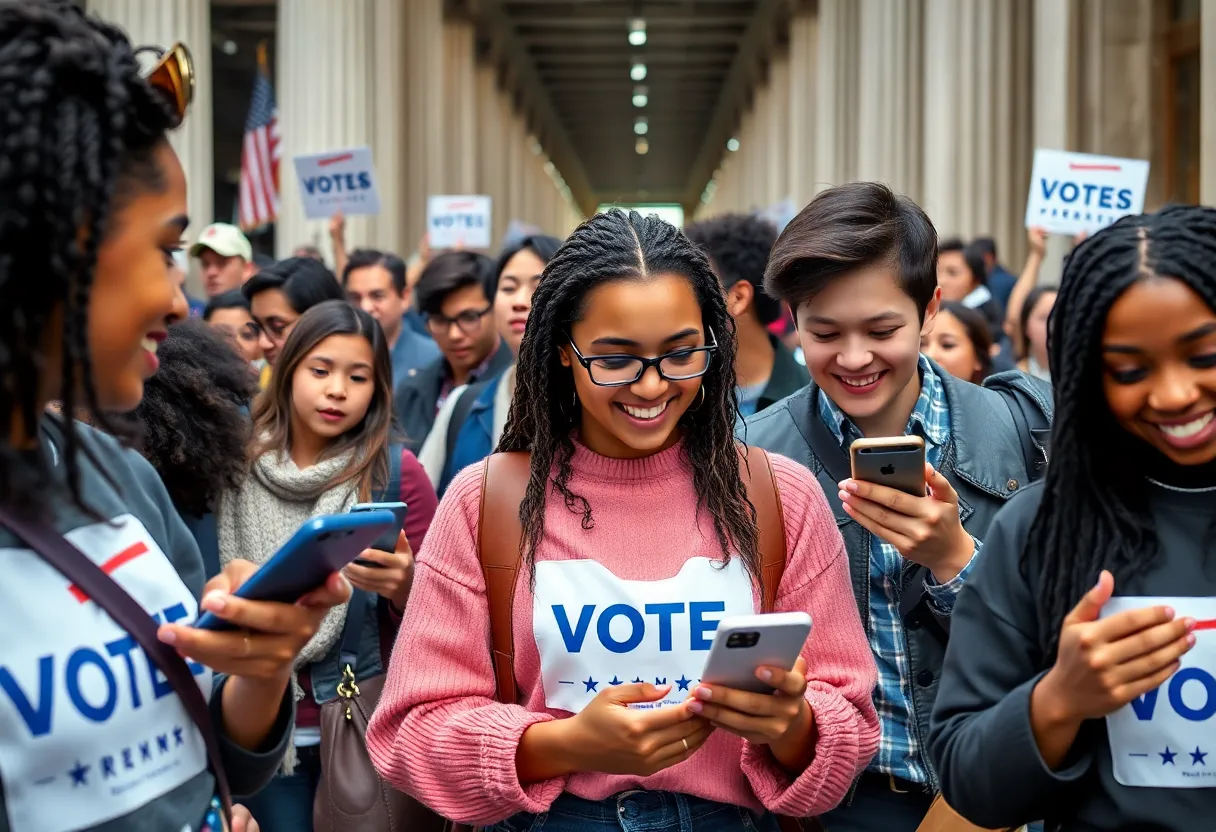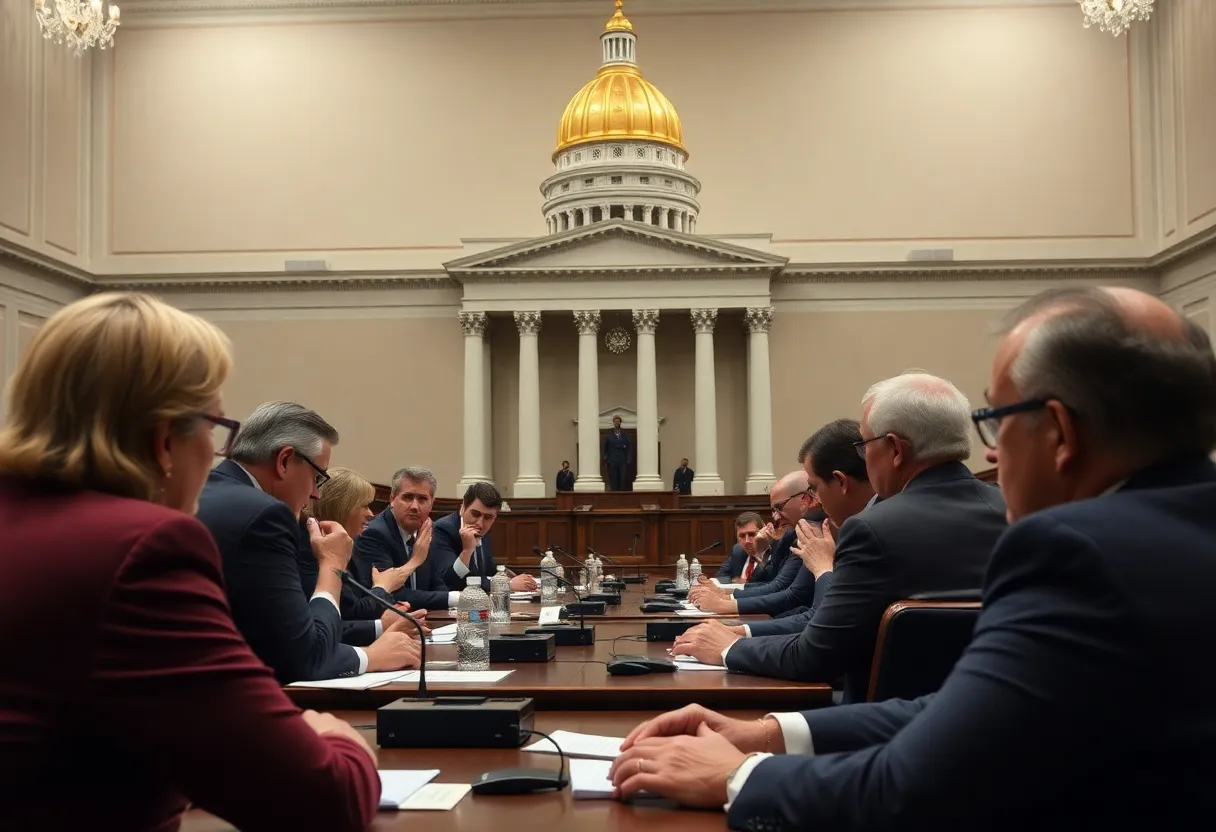Election Strategies That Made Waves in This Year’s Presidential Race
Welcome to the bustling city of Washington, D.C., where this year’s presidential election has electrified political conversations across the nation! As we have witnessed, both candidates rolled out some unique and eye-catching campaign strategies. One campaign in particular, led by former President Donald Trump, truly reflected the evolving nature of political marketing and voter engagement.
Trump’s Bold Approach to Communication
Let’s start by diving into Trump’s unconventional communication tactics. He took a plunge into the world of social media, especially on X, the platform formerly known as Twitter, now under the leadership of Elon Musk. By choosing to speak directly to his supporters, Trump left traditional media behind, opting for a style that vibrated with authenticity. His posts, while energizing for many, sometimes skirted into controversial territory, igniting conversations about their potential to deepen social divides.
Yet, this social media strategy wasn’t just about loud proclamations. It served to cement his connection to his base. But at what cost? Moderate voters may have felt left on the sidelines. It’s a fine line to tread, balancing enthusiasm with inclusivity.
The Gaming Platform Influence
In a surprising strategic twist, Trump reached new audiences by harnessing the power of Twitch, a platform synonymous with gaming and entertainment. By live-streaming rallies and events, he made moves to engage a younger crowd—an admirable feat considering how traditional political coverage often fails to connect with this demographic. Some Twitch users were skeptical, questioning the blend of gaming and politics, but it certainly showcased his campaign’s willingness to evolve.
Podcasting: A Platform for Connection
As the world of podcasts took center stage this election cycle, both candidates seized this opportunity. Trump made a notable appearance on The Joe Rogan Experience, where he provided listeners with a lengthy, candid dialogue that captured his personality, showcasing the way he communicates. Meanwhile, Kamala Harris reached out through the popular Call Her Daddy podcast. The relaxed setting of podcasts allows for more personal interactions, effectively humanizing candidates in a manner that traditional interviews often miss.
Unexpected Endorsements and Appeals
Now, here’s where things take a fascinating turn—Trump received endorsements from some Muslim organizations in Michigan, a pivotal battleground state. This was particularly striking because of Trump’s past policies, such as the Muslim Ban. However, his focus on regional issues and Middle Eastern peace allowed certain voters to overlook prior controversies. This raises an important question about how strategic marketing can sometimes mend fences even when past actions have left scars.
Influencer Collaborations: A New Era of Engagement
Another standout move from Trump’s campaign was its collaboration with social media influencers and content creators like Logan Paul and Adin Ross. In a digital age where many younger voters tune out conventional political messages, these partnerships bridged that gap. By being present on popular streams and engaging with beloved figures in the digital realm, Trump’s campaign created buzz and excitement, tapping into influencer culture as a vital tool to sway opinions.
This isn’t just about winning over the youth entirely; it’s about small, calculated influences that could end up being game-changers in a close race. Even slight shifts in voter sentiment, especially among younger folks, can tip the scales of an election.
A Game-Changing Election Cycle
In summary, Trump’s marketing strategies this election cycle served as a masterclass in direct communication and unconventional tactics. From his powerful presence on X and Twitch to strategic podcast appearances and influencer collaborations, his campaign has redefined the traditional approaches we’ve associated with politics. With Americans gearing up to vote, questions loom about how effective these strategies truly are. Whether they will lead to a winning outcome remains to be seen, but what’s certain is that this election has underscored the immense power of marketing in shaping our political landscape—and society at large.








